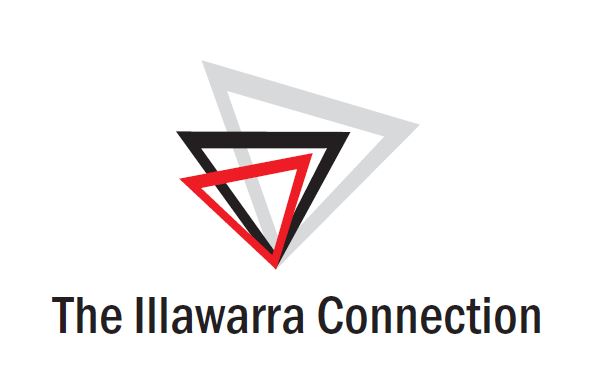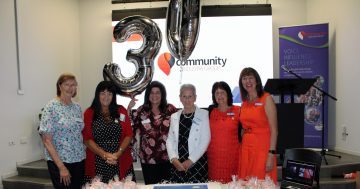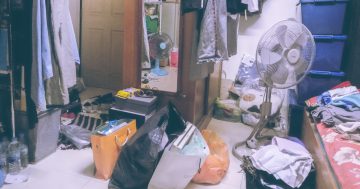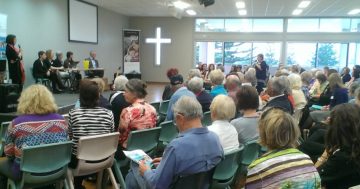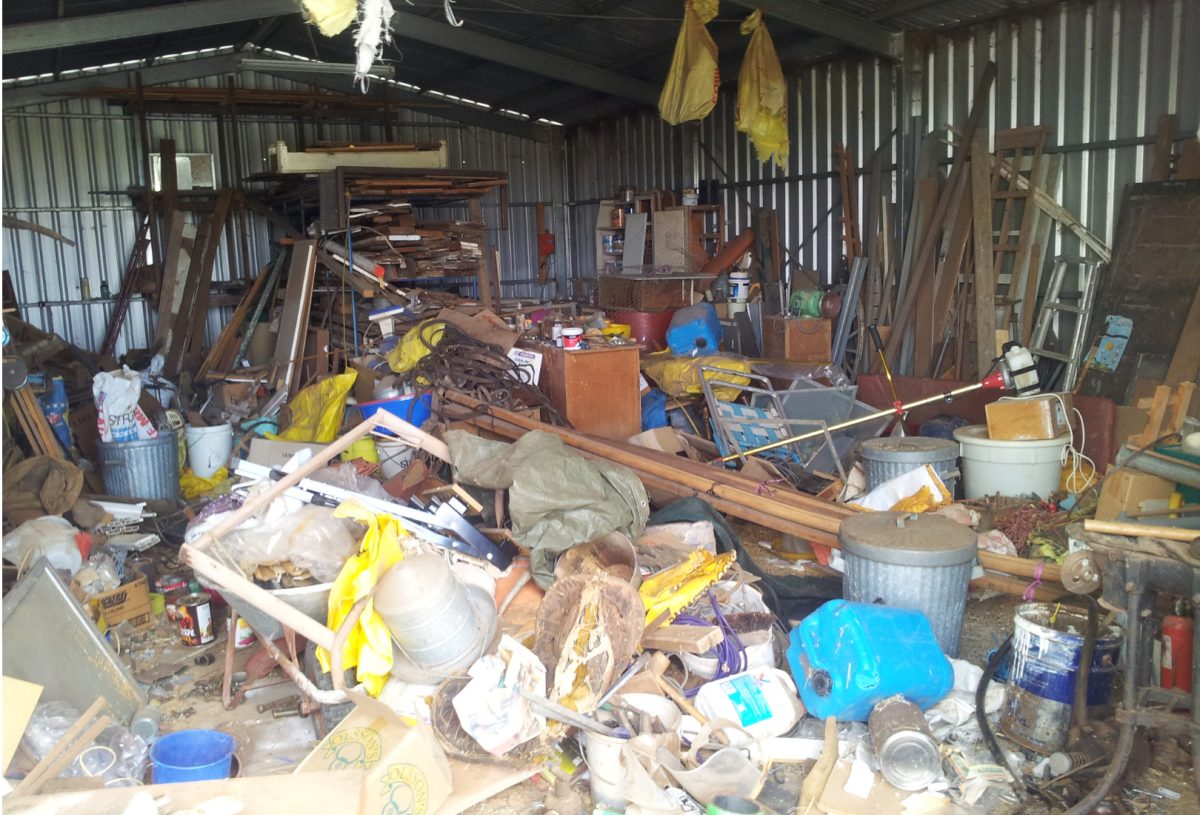
Community Industry Group is running a Hoarding and Squalor Training workshop. Photo: Supplied.
As we move through life it’s not uncommon to accumulate a wealth of items, but when those items form corridors and lead to living in squalor with health implications, hoarding becomes a problem.
Community Industry Group in Port Kembla is hosting a four-hour ‘Hoarding and Squalor Training’ session aimed at frontline community sector workers who provide in-home care to help them gain an understanding of hoarding behaviour as a mental health concern and explore contributing factors such as trauma and attachment issues.
CEO Nicky Sloan said the online workshop on 5 June would outline some of the emotional and psychological reasons behind hoarding behaviour, signs to look for to determine the difference between problematic hoarding behaviour and simply too much stuff, and how to approach people to encourage them to seek help that doesn’t frighten them off.
Nicky said hoarding disorder was a clinically diagnosed condition, with people often hiding it by not inviting others into their home.
“Hoarding behaviour and squalor are issues that have really been impacting lots of different areas across the human services sector for quite some time,” Nicky said.
“We’ve run a Hoarding and Squalor Training before and it’s always been really well attended, because what happens is our wonderful community workers who see it often have no idea how to deal with it, how to approach it, or who to refer people to.
“What we do know is if a worker came in and said, ‘This place is unsafe, I can’t work here. We’re going to have to get somebody in to clear it out’, that is going to put people immediately off; they’re likely to cancel any of their services and they’re likely not to engage with help anymore.”
She said it was about how to have those conversations appropriately and where to seek expert help.
“There is a bit of a difference between hoarding, collecting or having too much stuff, which many of us do, and really problematic hoarding,” she said.
“Hoarding behaviour comes when things are stacked up high and people don’t know what they’ve got and you’ve got corridors through stuff.
“It’s when things are piled up dangerously high.”
She said anecdotally, more services were being delivered in homes, particularly in the aged care sector, due to the Australian Government encouraging more people to stay at home through its Support At Home program.
“As more and more people are getting home care services, that’s when we’re seeing the rise, and it’s probably more common than you think,” she said.
“It’s something that happens often quite slowly and the problem exacerbates to a point where people just feel like they can’t cope with it anymore.”
She said the training also educated workers on how hoarding was often tied up with emotions.
“People say I’ll just chuck stuff out, but there’s an emotional attachment to it and that’s when it becomes really problematic,” she said.
“That means that it’s not enough just to go in and clear somebody’s house out; they need some mental health support as well because we don’t want people to get back into that situation.
“Otherwise, we’ve seen it many times on the news when in some extreme cases council goes in and clears out the front and back yard and then, within a few months, it’s back again.
“That’s because the mental health issues associated with hoarding behaviour haven’t also been addressed.”
She said the other part of hoarding was living in squalor.
“The real difficulty with those homes is if the behaviour has been going on for a very long time, often they’re very dangerous for people to live in,” she said.
Nicky said those homes could become hazardous for the resident and also present work health and safety issues for service providers.
“Often when places become so completely overcrowded, that’s when vermin and other issues like mould can become an issue and they can have some serious health impacts,” she said.
She said while there were services that helped with hoarding, including specialist cleaners, there weren’t as many as needed.
Other training from the Community Industry Group, which is designed to support community and human service organisations, includes upcoming LGBTQIA+ inclusion training as more people from the LGBTQIA+ community move into aged care.
To book a spot for the 5 June workshop, visit the website or Humanitix.







